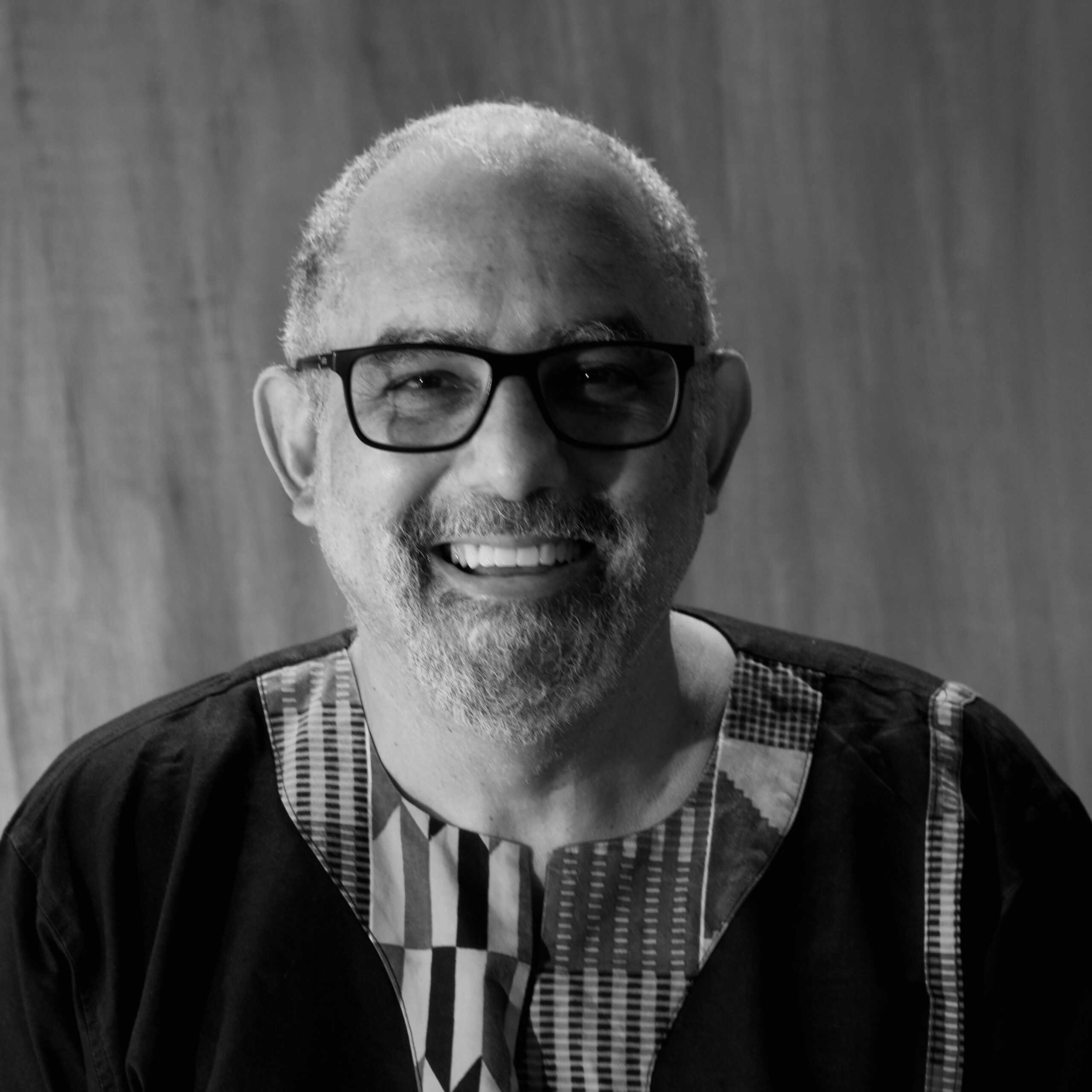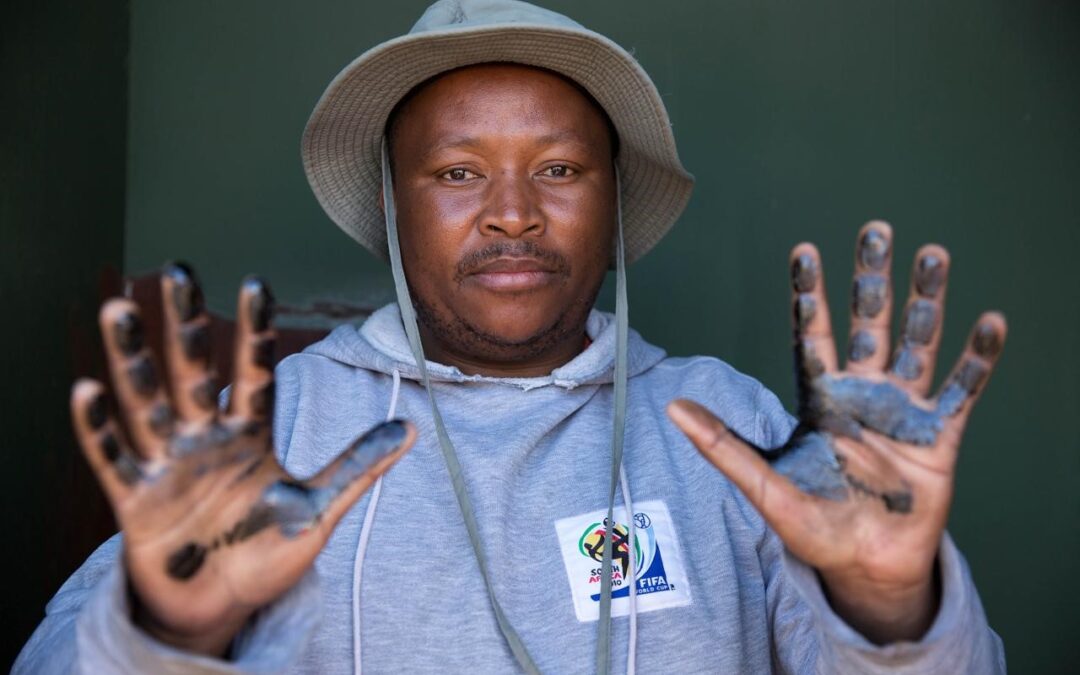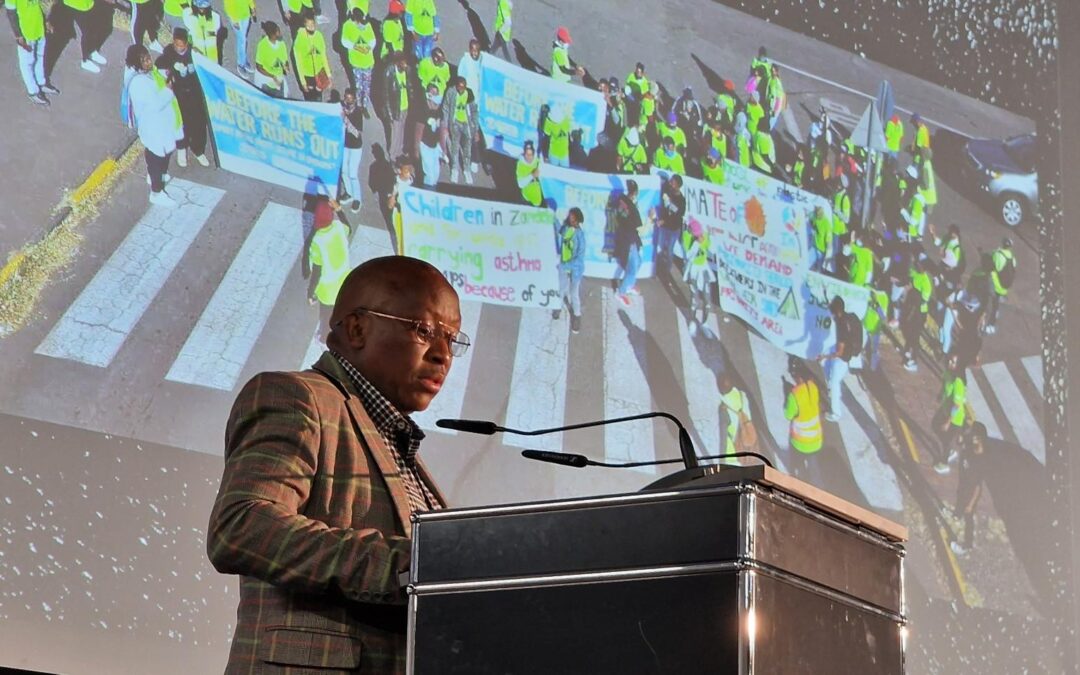
Bobby Peek
This was a year of confusion, blurred boundaries between home, work and public space – for those lucky to maintain employment – and of the harsh visualisation of the deep inequality in South Africa. The inequality not only between those of us lucky to have income and those who are unemployed (now more than 30% of the population according Statistics South Africa [Stats SA]), but also those millions who are said to have some type of work – most often casual and precarious, and which has no protection. According to Stats SA, in 2015, more than half of South Africans (55.5%), or 30 million people, lived below the national poverty line of R992 per month. I do not even want to contemplate what we are going to hear from them at the end of this year.
But the very depressing unemployment statistics are not as a result of the pandemic as many would believe. The pandemic has only served to highlight how severe the situation is, and how deep the chasm between the rich and poor worldwide really is. Aside from its devastating health impacts, Covid-19 and the consequent lockdown responses from governments had a brutal effect on the poor when economies shut down, but at the same time – amidst the gloom clouding over the entire world – the 1% holding the reins of power, continued to flourish. Poverty, however, has its roots far beyond 2020; in the colonialism forced upon us, which was entrenched by apartheid and which democracy has worsened by perpetuating elitist policies as a panacea for all the troubles in our land. This included policies in support of the extractive industry, it’s dirty energy model, its inhumane, slave-like forced labour practices, and its obliteration of the earth through poisoned lands, water and air. These policies are all now manifesting itself in climate change and climate injustice, where the poor is affected the most by global warming caused by the rich, both in the North and South, as the advantaged seek to continue to hold and grow their wealth at the cost of the lives of the poor and their lands. Challenging to reverse this injustice and build an equitable, democratic and caring society is what our fight for environmental justice is.
The brutality of mining is all too well known globally, and in South Africa. Ask the millions of families who have lost loved ones to HIV/AIDS, tuberculosis, asbestosis, black lung disease and silicosis. Grandmothers suddenly become mothers again. In most traditional societies and even in the nuclei modern family, grandparents play a key role in nurturing grandchildren. Even more than their children, grandchildren become their legacy. Perhaps it’s a second chance at doing it better, having learnt from the parenting mistakes with their own children. MaFikile Ntshangase, of Somkhele, mother and grandmother, will not see her legacy blossom. She was shot down in her house on Thursday, 22nd November, where she lived with her grandchild. MaFikile was opposed to the Tendele mining operations that want to mine the land her family’s house is on.
Bridget Pitt writes that when Ntshangase was killed:
‘she became yet another martyr in the increasingly ruthless global fight to force rural communities to allow mining on their doorsteps.’
This is the ‘development’ that we have inherited from centuries of colonialism forced on us as legendary Uruguayan and anti-capitalist writer Eduardo Galeano eloquently wrote about in the ‘Open Veins of Latin America’, painting a literal masterpiece of how colonialism and capitalism extracted the blood of the Americas – both of the people and their land.
The world has changed in 2020 but the fundamental principles of extraction at all cost maintains. This is starkly illustrated in the aftermath of the Engen explosion on 4th December, which was felt as far as Durban North, more than 20 kilometres away. The Engen oil refinery, owned by Petronas, the Malaysian state oil company and local South African extractive giant Phembani, and is operated on the same principles of colonialist, apartheid and democratic extractivism, makes as much profit as possible for as little cost as possible while killing neighbours and workers with their toxic pollution. Ask the people of Merebank, Wentworth and the Bluff and they will give you the blow-by-blow history. Engen’s response to community concerns on the explosion is nothing but contemptuous and emboldened by years of abuse of local people and their environment. Their response about the impact of Engen’s operations on the rights of workers, community members and children is: ‘As an organisation, we take allegations of this nature extremely seriously and can assure you that these allegations are both unfounded and untrue.’ Ask the maimed workers, the unemployed, the 52% of children with respiratory problems, the leukaemia sufferers and families who lost young children to various cancers such as lupus, and you will hear a different story. Ask the professors at the Nelson Mandela Medical School and various international university research institutions, and their researchers will paint a different picture. But Engen continues to evade accountability and lives comfortably with its impunity which is facilitated by a crumbling state and supportive politicians.
Although there is much more to say about the sad state of affairs in South Africa in 2020, the year has also been marked by a growing urgency amongst people that they have to take on power to change their world. After years of calls for a basic income grant (BIG), President Cyril Ramaphosa established the Covid-19 Social Relief of Distress grant in response to the pandemic. Yes, there is much about it that can be criticised, but as civil society we need to take this as a victory and rally around the likes of Black Sash and others who are leading the charge on the BIG.
The moves towards a just transition continue to be pushed by various quarters and President Ramaphosa has finally appointed the Presidential Climate Change Coordinating Committee. Some have questioned the composition of the committee*. The Commission’s work will only be a success, if indeed the positive steps taken by Environment Minister Barbara Creecy to pursue criminal prosecution of Eskom in respect of air pollution by Eskom’s Kendal Power Station, and ensuring that it is taken to the logical conclusion of holding people accountable and getting Eskom to become transparent, and democratic – void of self-interest and political influence – and become a renewable energy giant answerable to the people of South Africa and not vested interests.
Finally, during the pandemic, we have been cut off from working, talking and planning face to face with people on the fencelines of destructive industries. We had to find a new way of working. The face to face approach of working with people and building movement through ongoing dialogue ended abruptly. Or so we thought. But working with people to respond to the crisis on the ground, found social justice organisers building stronger ties. The movement for just transition, for a new world order has grown and solidified. Through the medium of Zoom and other online sites, despite its many challenges, we have managed to continue our work.
On this note and an overheating computer – because of Zoom – I bid farewell to 2020 and prepare to meet the universe with hope and energy in 2021.
*disclaimer: Bobby Peek is among those appointed to the Presidential Climate Change Coordinating Committee
This article was published in the Mercury and Pretoria News. A stand-alone version of the opinion piece is available here.



